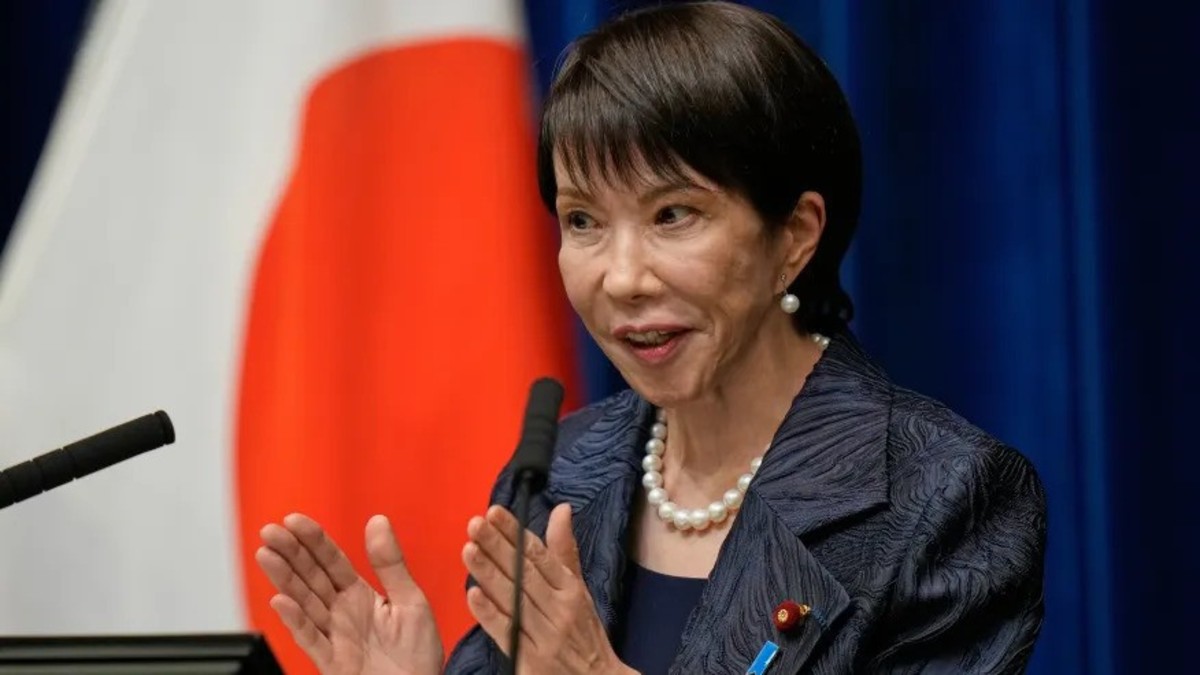China toughened its stance on Japan on November 16, 2025, as it sent its coast guard through the waters of the Japan-administered Senkaku Islands amid its diplomatic feud with the other nation.
A diplomatic spat between China and Japan has intensified since Japanese Prime Minister Sanae Takaichi told parliament that if China attacked Taiwan, it could trigger a military response from Tokyo. The comments sparked an angry response from Beijing. China is asking its citizens to be careful about studying in Japan. It mentioned safety concerns while suggesting people avoid travelling there because of new tensions over Taiwan.
According to the media, China will suspend Japanese seafood imports. Tokyo should stand strong against this pressure. It needs to protect its democracy and independence. By taking a firm stand, Japan is also protecting the peace and prosperity that has helped all of Asia. China and Japan have repeatedly faced off around the islands, which Beijing calls Diaoyu and Tokyo calls the Senkaku.
China regularly conducts such patrols around the islands, but the latest patrol activity was the first since Takaichi’s Taiwan comments. Beijing claims Taiwan as its territory and has vowed to take control of the island, by force if necessary. An attack or invasion by China on Taiwan could have serious political and social consequences that would ripple around the globe, and it would spiral into global conflict. This could invite the US and other countries as well.
Both China and Japan should ease the rising tensions diplomatically by opening various channels of communication before it gets out of control. For now, its effects are being seen on economic aspects and people-to-people relations of both countries. Tokyo needs to reassure Beijing. Its leader’s recent words don’t mean Japan is changing its policy. Meanwhile, the world should encourage China to be careful and show restraint. Japan’s Prime Minister Takaichi should have talked directly to China’s Premier Li Qiang. They are at the G20 summit (November 22-23), but there are no plans for their bilateral meeting. It would have been a good chance for a conversation.
Quick Reads
View AllJapan should strengthen its defences. This means better missiles, cyber tools, and sea monitoring. It helps prevent future problems. It is important for Japan to gather support from other countries. Many of Japan’s neighbours are also wary of China’s power. Working together makes everyone stronger. Tokyo should clearly share its own story. It must show its deep commitment to finding peaceful solutions. In order to strengthen Taiwan’s resilience without inciting open conflict, Japan should strengthen its non-military ties with the island.
Finally, foster domestic consensus. Japanese unity in the face of outside pressures is ensured by educating the public about these issues, which strengthens resistance to misinformation. China’s perspective is worth mentioning. Beijing views Taiwan as its territory. Nobody benefits from escalation. If dialogue were to be revived, it could reduce misunderstandings.
Yet concessions cannot come at sovereignty’s expense. Japan must lead with principled resolve in this precarious situation. Tokyo should stand tall, not in isolation, but as a pillar of a free and open Indo-Pacific. For in defending its islands and ideals, Japan defends us all. The waves may churn, but resolve can calm the storm.
(The writer is a columnist. His articles have appeared in various publications like The Independent, The Globe and Mail, South China Morning Post, The Straits Times, etc. Views expressed in the above piece are personal and solely those of the author. They do not necessarily reflect Firstpost’s views.)
)